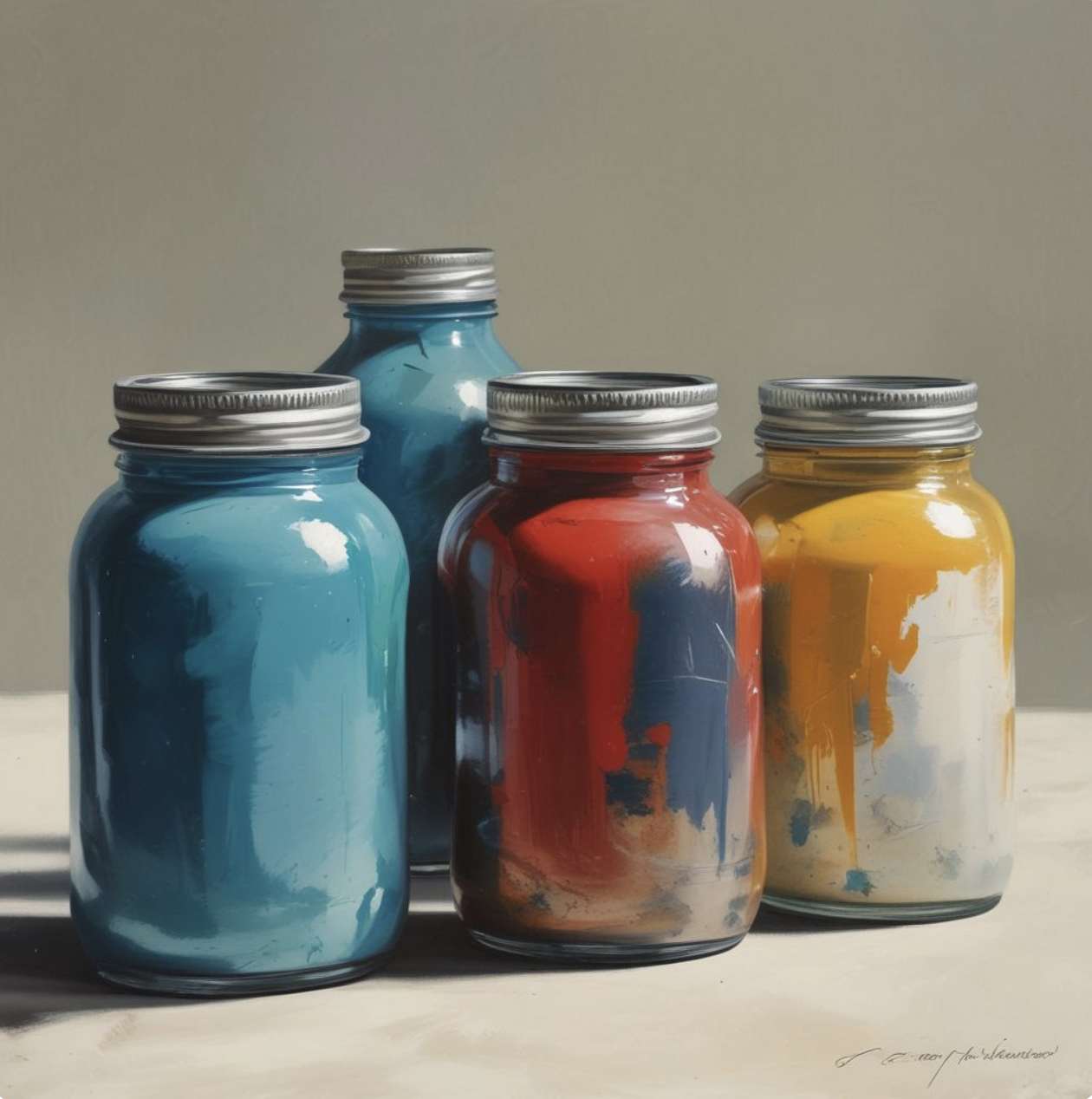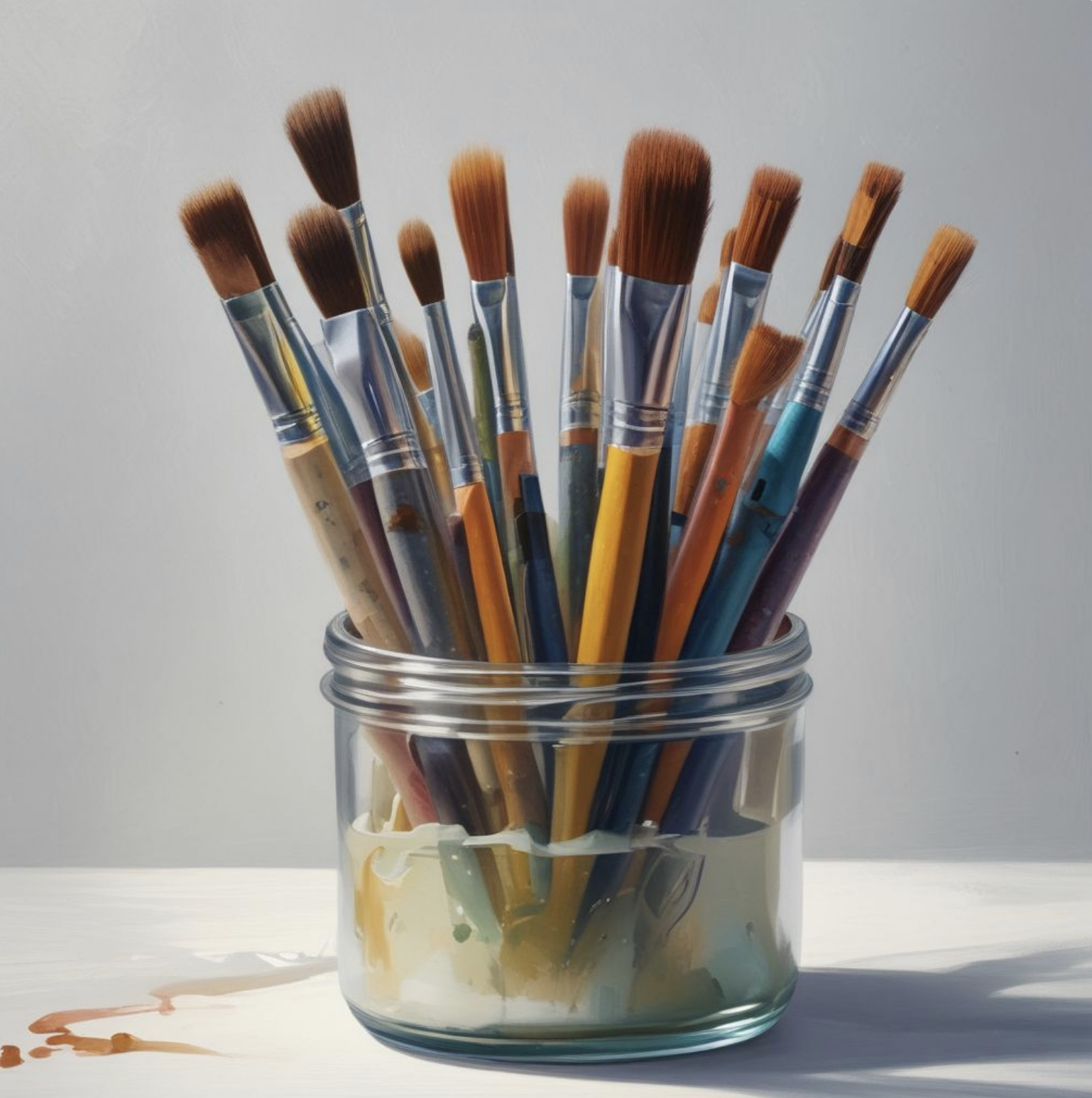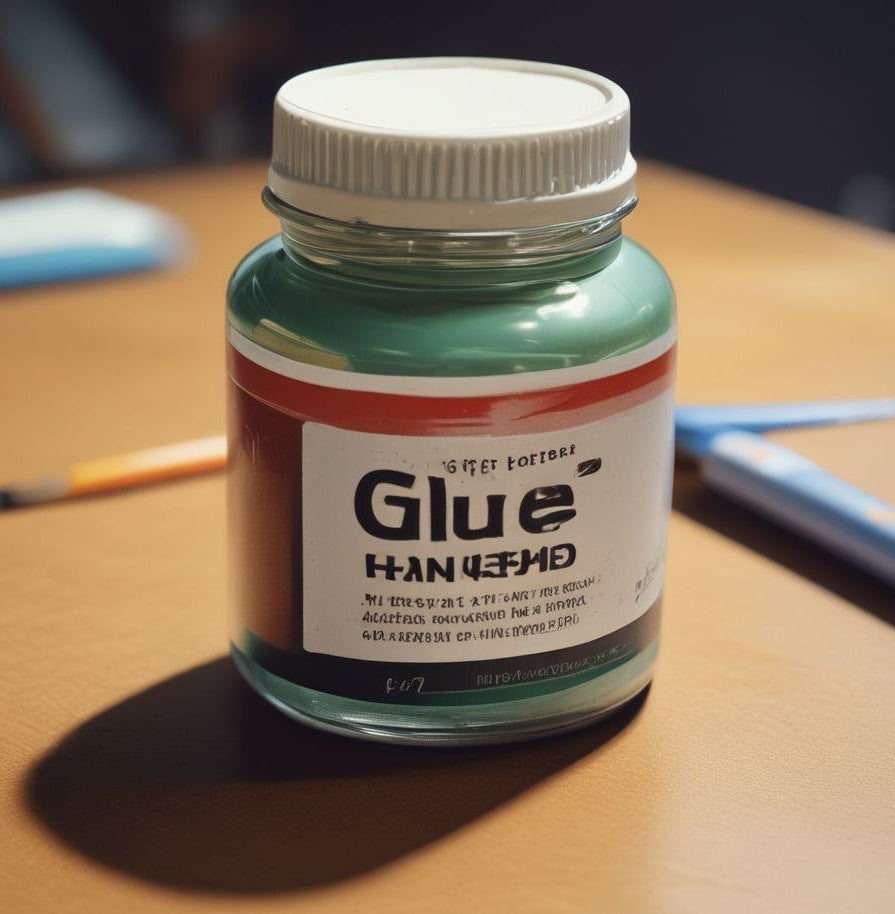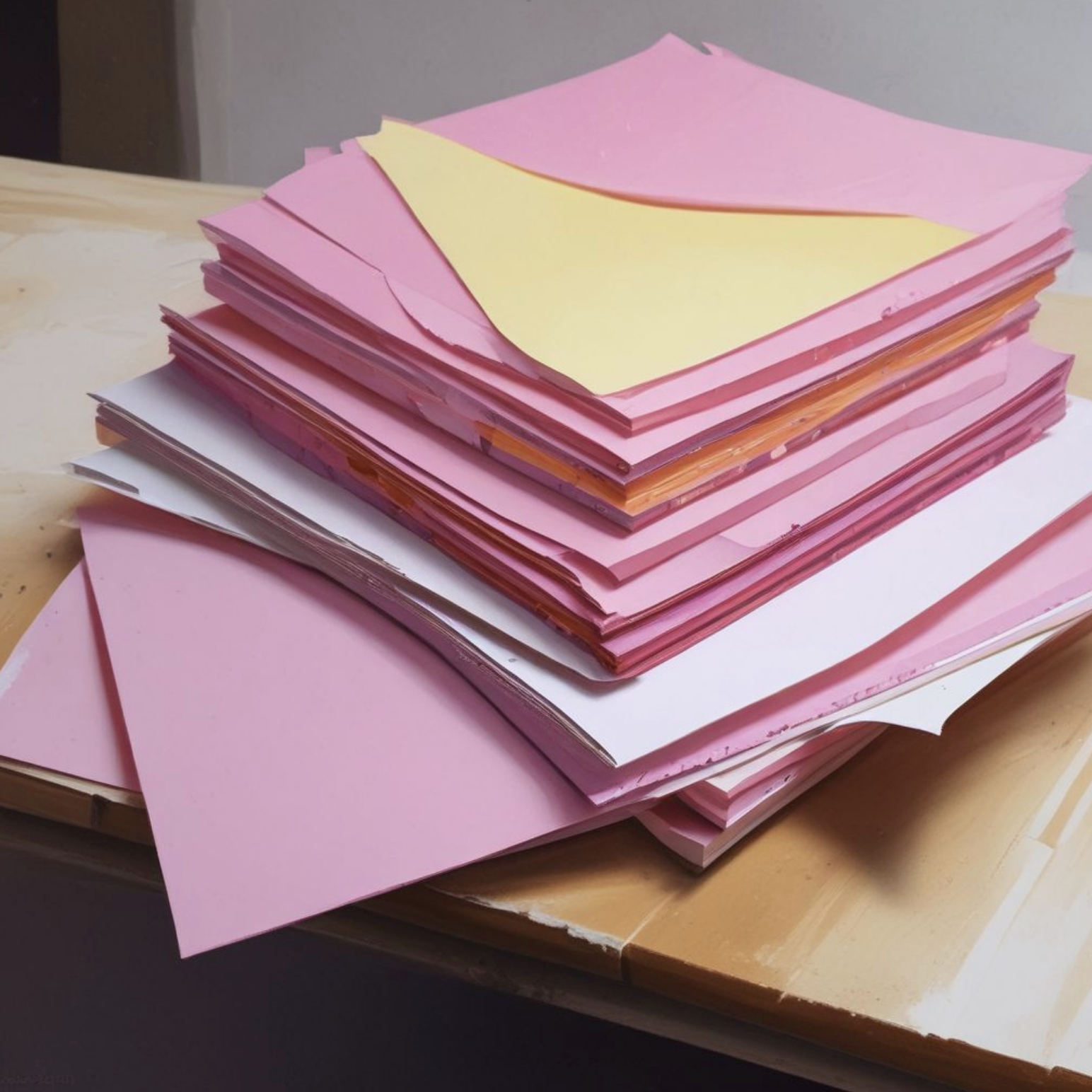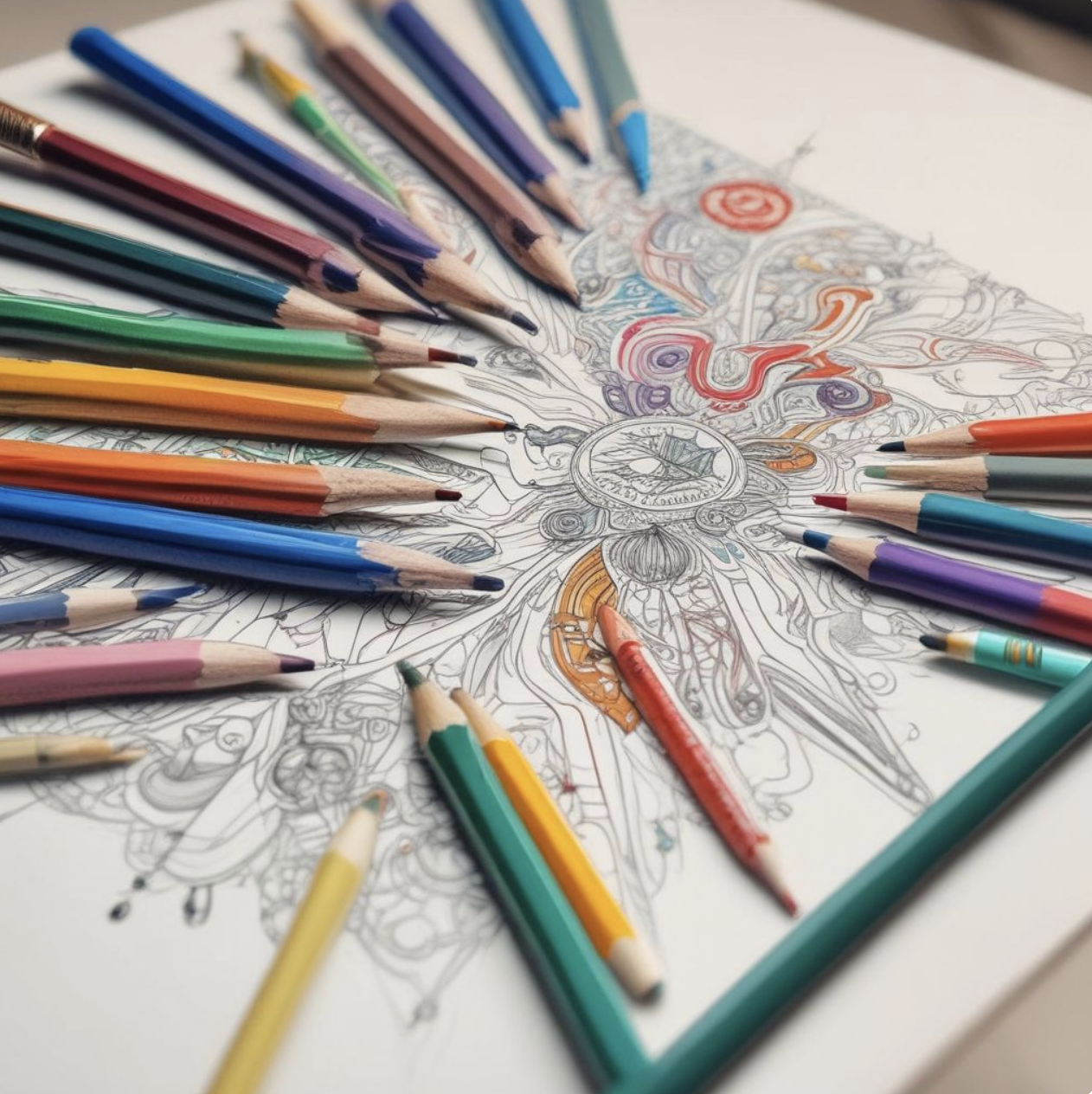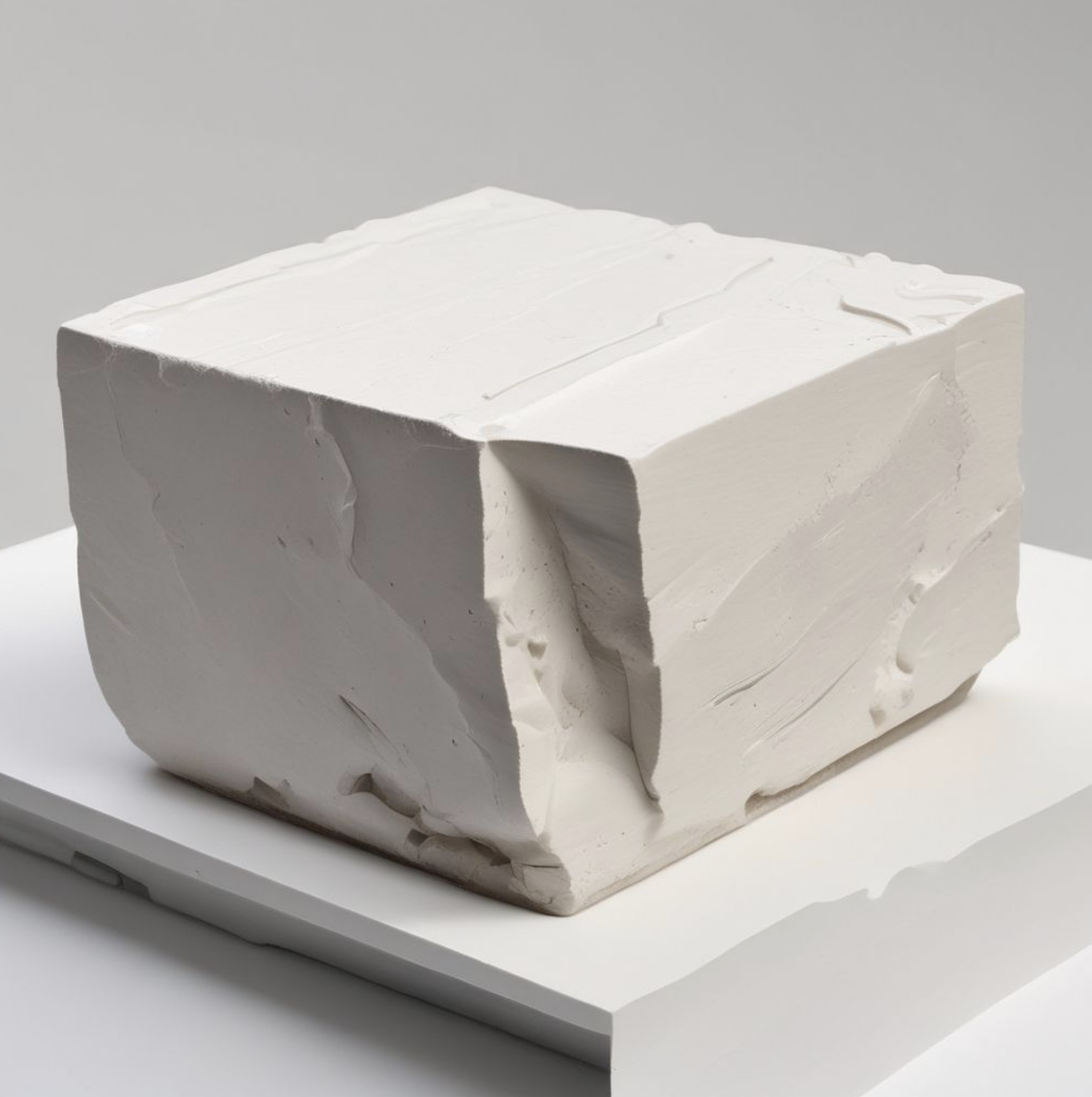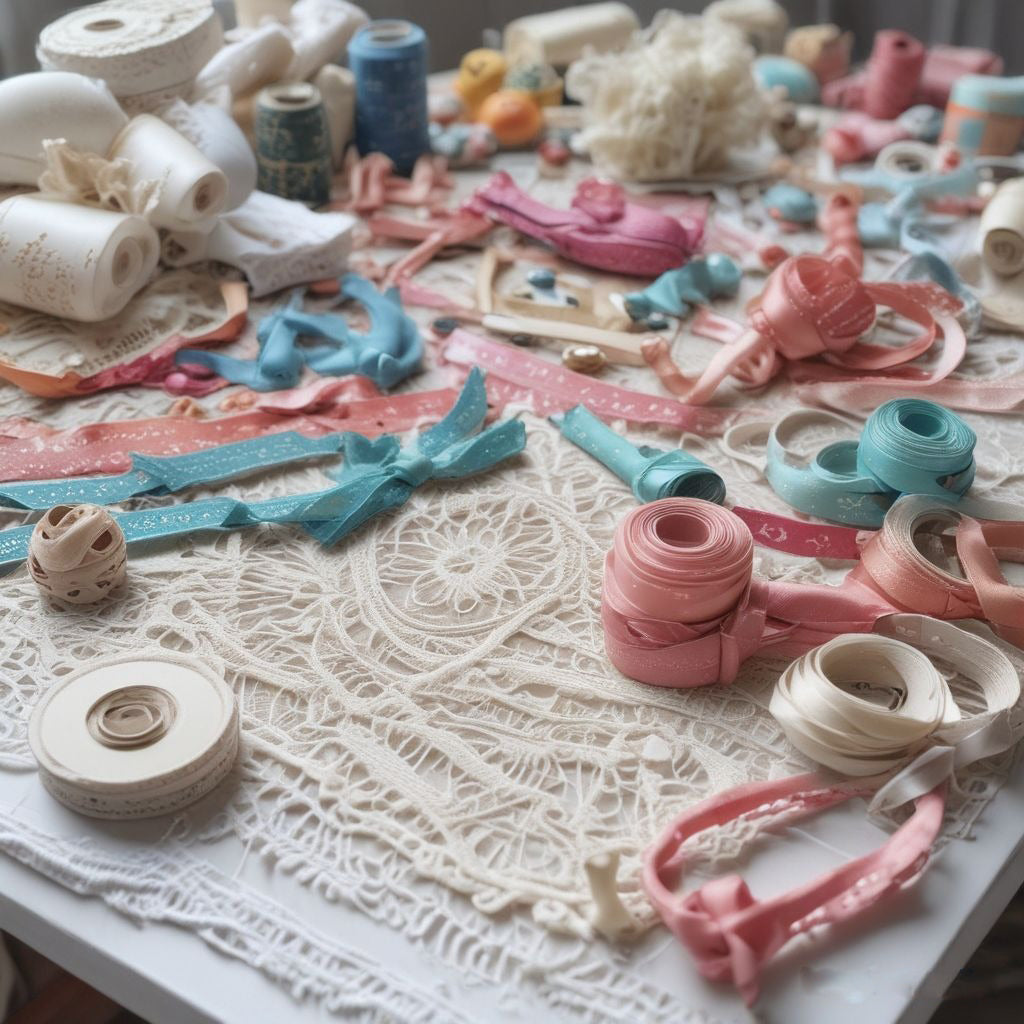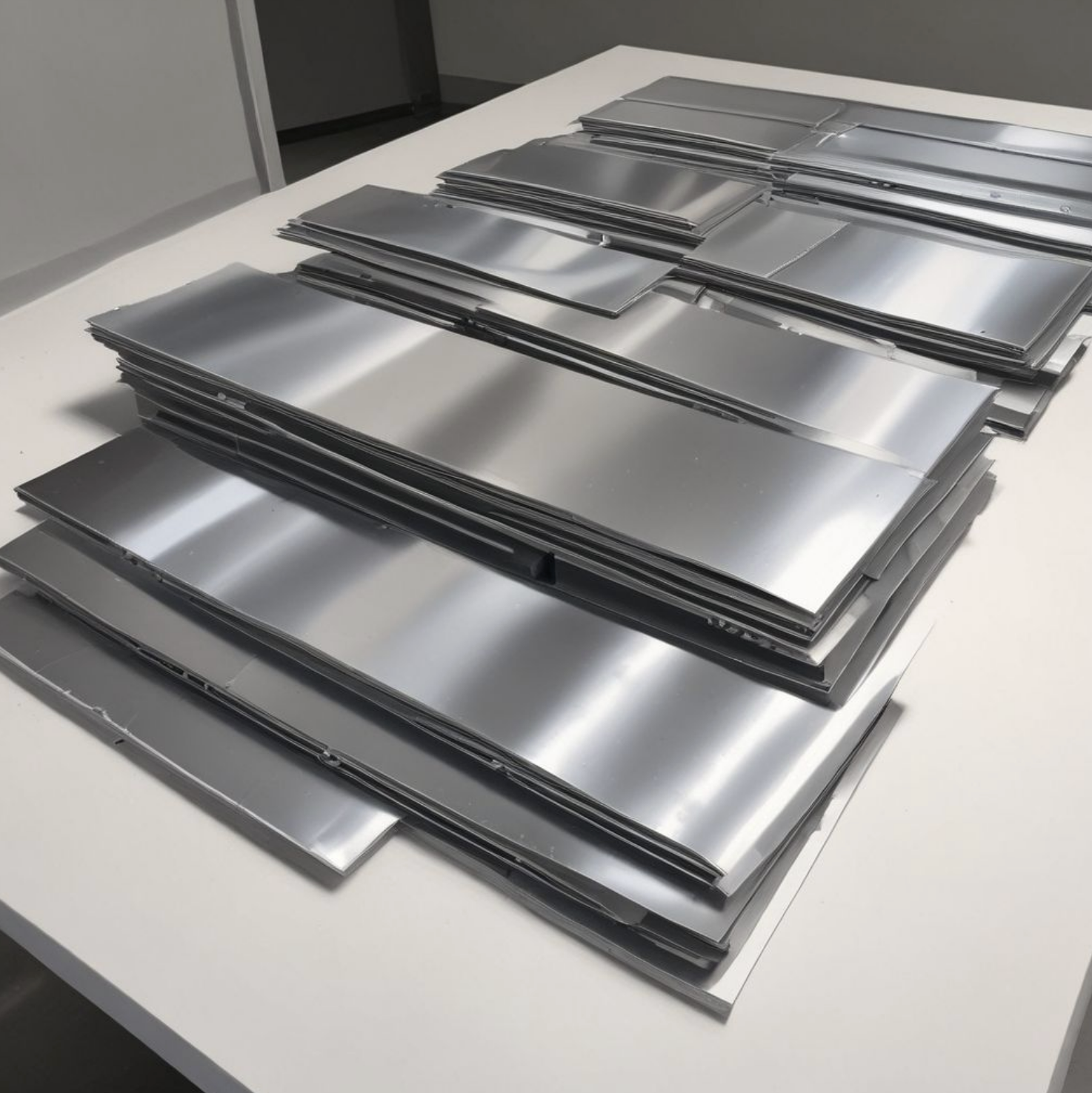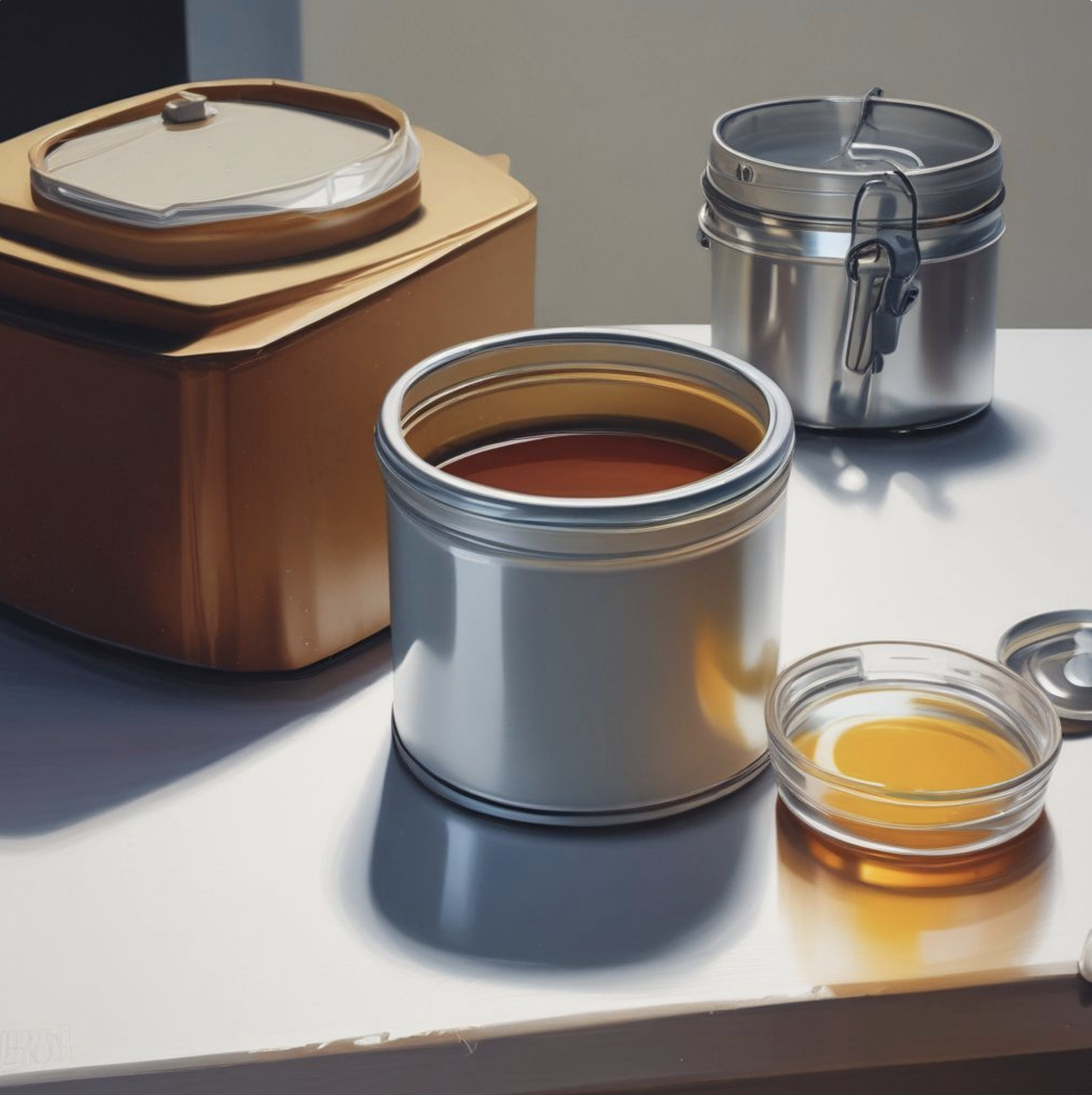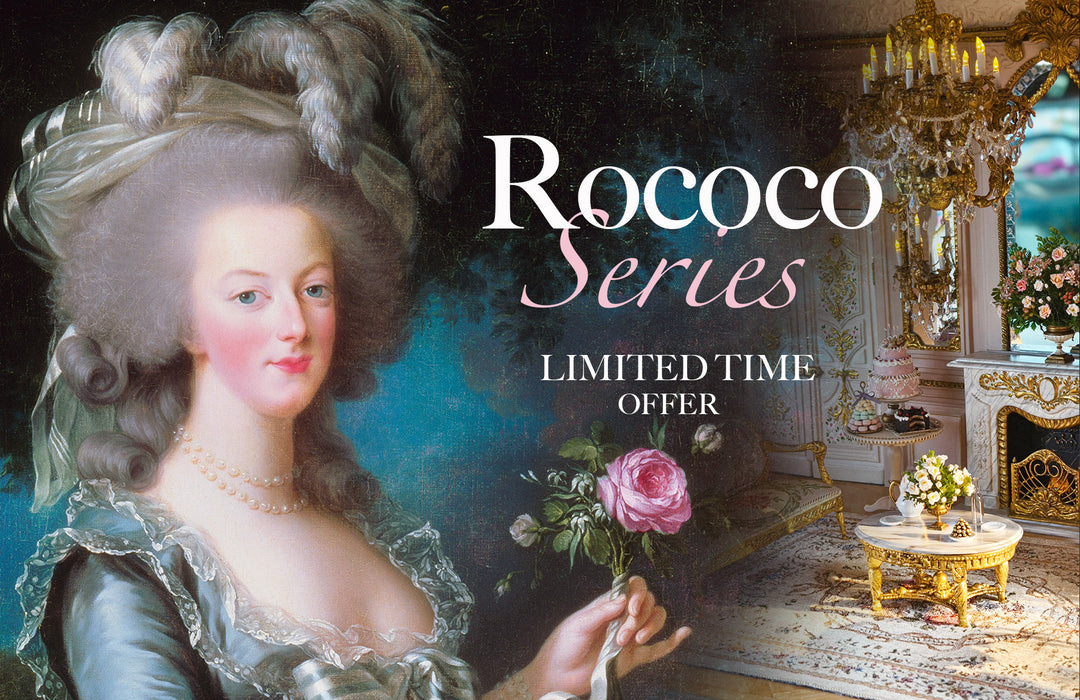Types of Resins Used in Arts and Crafts, Jewelry Making, and Professional Projects
- Epoxy Resin
- Polyester Resin
- Polyurethane Resin
- Acrylic Resin
- UV Resin
- Casting Resin
- Silicone Resin
- Biosourced Resin
- Vinyl Ester Resin
1. Epoxy Resin
Introduction: Epoxy resin is a versatile and durable material widely favored in arts and crafts, jewelry making, and various professional applications. Known for its excellent adhesion, chemical resistance, and clarity, epoxy resin is ideal for creating stunning, high-gloss finishes. Its ability to bond with various substrates makes it perfect for encapsulating items, crafting intricate jewelry pieces, or even constructing furniture. With its ease of use and quick curing times, epoxy resin has become a go-to choice for both hobbyists and professionals alike.
2. Polyester Resin
Introduction: Polyester resin is a popular choice for artists and craftsmen due to its affordability and versatility. Often used in fiberglass applications, this resin is ideal for creating molds, sculptures, and decorative objects. Known for its ability to cure quickly and its compatibility with various pigments, polyester resin allows for vibrant colors and unique finishes. While it may not be as durable as epoxy, its lightweight nature and ease of use make it a favored option for many DIY projects.
3. Polyurethane Resin
Introduction: Polyurethane resin is celebrated for its flexibility and resilience, making it an excellent choice for a wide range of artistic applications. This type of resin is particularly useful in jewelry making, where its ability to withstand wear and tear is crucial. Polyurethane resin can be cast into intricate molds, allowing artists to create detailed designs. Its clarity and ability to be tinted with various colors also make it a favorite for decorative arts, providing a durable finish that can withstand the test of time.
4. Acrylic Resin
Introduction: Acrylic resin is known for its crystal-clear finish and exceptional UV resistance, making it a popular choice for artists and crafters who want their work to shine. This resin is commonly used in casting and coating applications, providing a durable and glossy surface. Acrylic resin is also highly versatile, allowing for easy mixing with colors and additives. Its quick curing time and ease of handling make it a favored option for creating vibrant art pieces and jewelry.
5. UV Resin
Introduction: UV resin is a unique material that cures quickly when exposed to ultraviolet light, making it perfect for detailed and intricate projects. This resin is particularly popular in jewelry making, where its ability to cure rapidly allows for fast production of pieces. UV resin is known for its clarity and high gloss finish, providing a professional look to finished items. Additionally, its ease of use and minimal odor make it an attractive option for artists looking to create stunning designs without lengthy drying times.
6. Casting Resin
Introduction: Casting resin is specifically formulated for creating detailed and complex shapes, making it a favorite among artists and crafters. This type of resin is ideal for pouring into molds, allowing for the creation of unique sculptures, jewelry, and decorative items. Casting resin is known for its clarity and ability to capture fine details, making it perfect for embedding objects or creating layered effects. Its versatility and ease of use make it a staple in many artistic projects.
7. Silicone Resin
Introduction: Silicone resin is renowned for its flexibility and durability, making it a popular choice for both artistic and professional applications. This type of resin is often used for creating molds and casting, allowing artists to replicate intricate designs with ease. Silicone resin is resistant to heat and chemicals, making it suitable for a variety of projects. Its non-stick properties ensure that finished pieces can be easily removed from molds, providing a hassle-free crafting experience.
8. Biosourced Resin
Introduction: Biosourced resin is an environmentally friendly alternative to traditional resins, made from renewable resources. This type of resin is gaining popularity among artists and crafters who prioritize sustainability in their work. Biosourced resin offers similar properties to conventional resins, including clarity and durability, while reducing the environmental impact. It is ideal for a range of applications, from jewelry making to artistic projects, allowing creators to express their creativity while being mindful of the planet.
9. Vinyl Ester Resin
Introduction: Vinyl ester resin combines the best properties of epoxy and polyester resins, offering excellent strength and corrosion resistance. This type of resin is often used in professional applications, including marine and automotive industries, but it is also suitable for artistic endeavors. Vinyl ester resin provides a durable finish and can be used for casting and laminating, making it a versatile choice for artists looking to create long-lasting pieces. Its ability to withstand harsh conditions makes it a reliable option for both functional and decorative projects.


